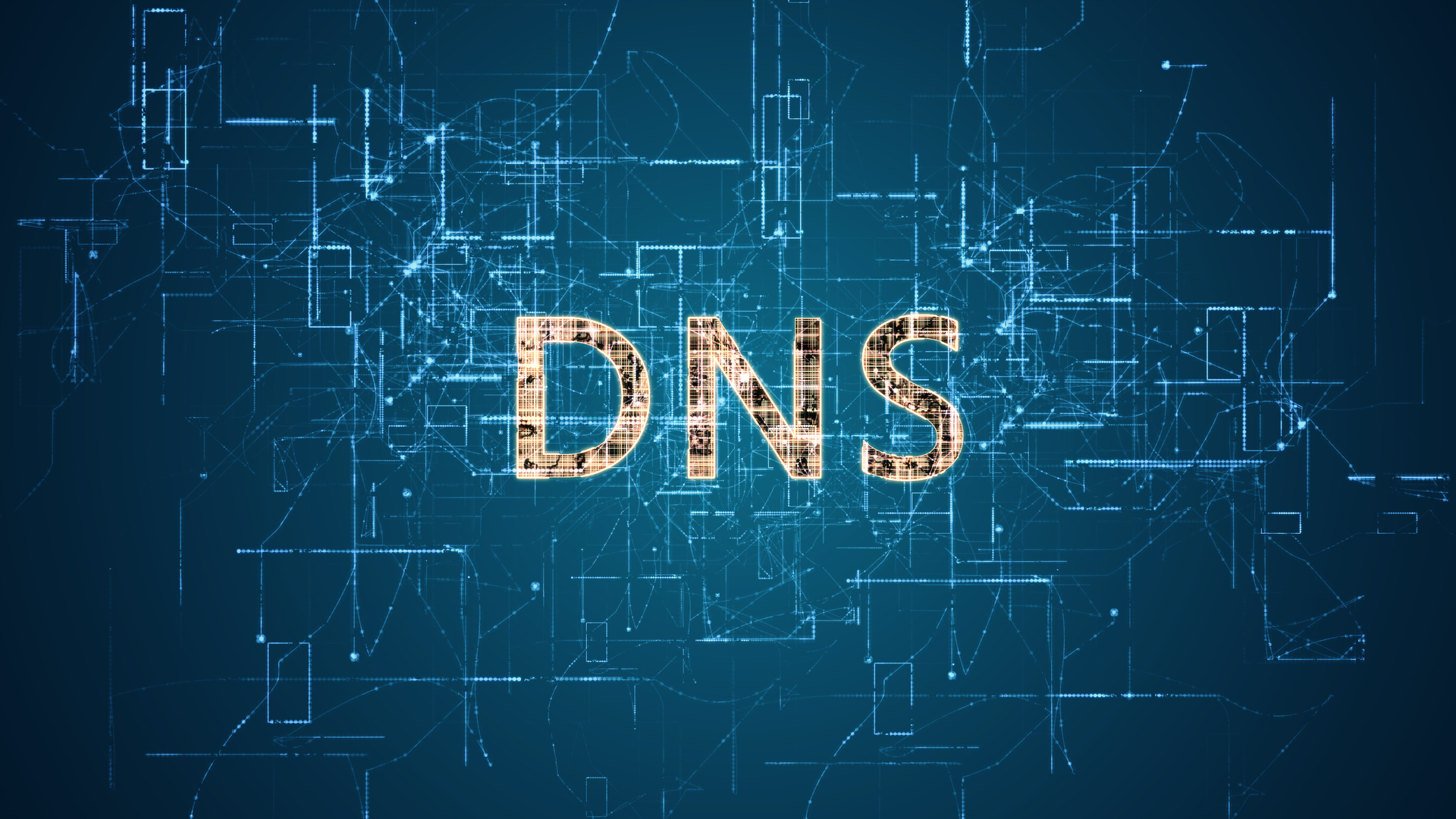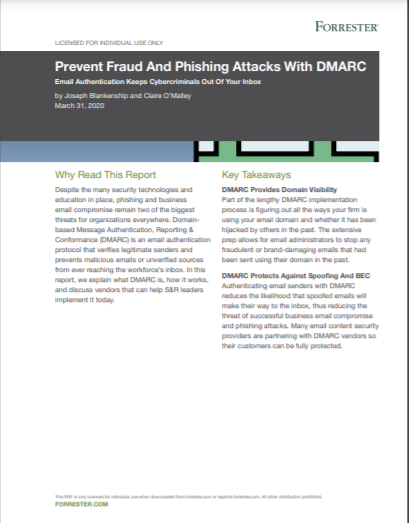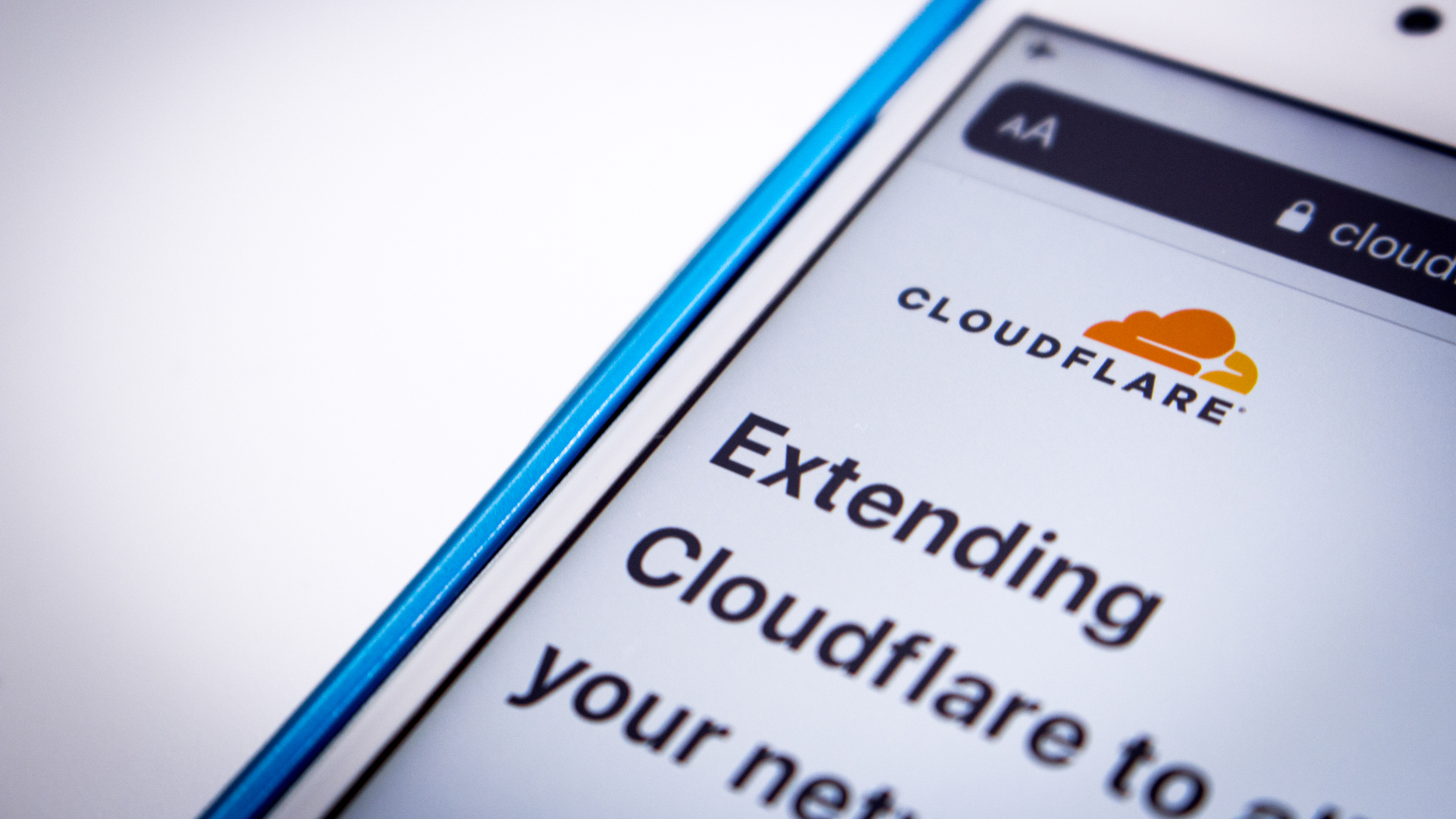DNS loophole could allow hackers to carry out “nation-state level spying”
Sensitive data could be accessed from corporate networks using vulnerability


Sign up today and you will receive a free copy of our Future Focus 2025 report - the leading guidance on AI, cybersecurity and other IT challenges as per 700+ senior executives
You are now subscribed
Your newsletter sign-up was successful
Security researchers have discovered a flaw within major DNS-as-a-Service (DNSaaS) providers that could allow hackers to access confidential data within corporate networks.
Shir Tamari and Ami Luttwak, researchers at cyber security firm Wiz, found a loophole that allowed them to intercept a portion of worldwide dynamic DNS traffic going through managed DNS providers like Amazon and Google.
“Essentially, we “wiretapped” the internal network traffic of 15,000 organizations (including Fortune 500 companies and government agencies) and millions of devices,” said Tamari.
“It was a bottomless well of valuable intel - computer names, employee names and locations, and details about organizations’ web domains including entry points that are exposed to the internet.”
He added that there is no way of knowing whether hackers have already exploited the loophole and collected data undetected for over a decade. Leaked information from the flaw can contain internal and external IP addresses, computer names, and, sometimes, NTLM / Kerberos tickets.
“The root cause of the problem is the non-standard implementation of DNS resolvers that, when coupled with specific unintended edge cases on the DNS service provider's side, cause major information leakage from internal corporate networks,” said Tamari.
In a presentation at this year’s Black Hat conference in Las Vegas, researchers showed how Microsoft Windows endpoints revealed sensitive customer information when performing DNS update queries.
Sign up today and you will receive a free copy of our Future Focus 2025 report - the leading guidance on AI, cybersecurity and other IT challenges as per 700+ senior executives
RELATED RESOURCE

Prevent fraud and phishing attacks with DMARC
How to use domain-based message authentication, reporting, and conformance for email security
“The security risk is high. If an organization's DNS Updates are leaked to a malicious 3rd party, they reveal sensitive network information that can be used to map the organization and make operational goals,” added the researchers.
Internal IP addresses reveal the organization’s network segments; computer names hint at the potential content they may hold; external IP addresses expose geographical locations and the organization's sites throughout the world; and internal IPv6 addresses are sometimes accessible from the outside and allow an entry point into the organization, according to researchers.
“The impact is huge. Out of six major DNSaaS providers we examined, three were vulnerable to nameserver registration,” said Tamari.
Researchers added that any cloud provider, domain registrar, and website host who provides DNSaaS could be vulnerable. Tamari said that while two major DNS providers (Amazon and Google) have fixed the issue, others may still be vulnerable. “As a result, millions of devices are potentially vulnerable,” he said.
Rene Millman is a freelance writer and broadcaster who covers cybersecurity, AI, IoT, and the cloud. He also works as a contributing analyst at GigaOm and has previously worked as an analyst for Gartner covering the infrastructure market. He has made numerous television appearances to give his views and expertise on technology trends and companies that affect and shape our lives. You can follow Rene Millman on Twitter.
-
 AWS CEO Matt Garman isn’t convinced AI spells the end of the software industry
AWS CEO Matt Garman isn’t convinced AI spells the end of the software industryNews Software stocks have taken a beating in recent weeks, but AWS CEO Matt Garman has joined Nvidia's Jensen Huang and Databricks CEO Ali Ghodsi in pouring cold water on the AI-fueled hysteria.
-
 Deepfake business risks are growing
Deepfake business risks are growingIn-depth As the risk of being targeted by deepfakes increases, what should businesses be looking out for?
-
 What is DMARC and how can it improve your email security?
What is DMARC and how can it improve your email security?In-depth Protect your customers and brand rep with this email authentication protocol for domain spoofing
-
 Cloudflare and Apple launch privacy-focused DNS protocol
Cloudflare and Apple launch privacy-focused DNS protocolNews Oblivious DNS-over-HTTPS safeguards users' browsing habits from third parties
-
 What is DNS?
What is DNS?In-depth We explain what DNS is, how it works, and how outages can be avoided
-
 D-Link routers under siege from months-long DNS hack
D-Link routers under siege from months-long DNS hackNews The attackers are running malicious IPs through a Google Cloud Platform virtual machine
-
 SMBs warned over corrupted SOHO router risk
SMBs warned over corrupted SOHO router riskNews Team Cymru researchers claim 300,000 routers may have had their DNS settings changed by cyber criminals.
-
 Will the FBI close down your online business this March?
Will the FBI close down your online business this March?In-depth In tackling the DNSChanger botnet, the FBI may take a load of businesses offline. Davey Winder is, unsurprisingly, anxious...
-
 DNS Changer botnet smashed in major cyber crime bust
DNS Changer botnet smashed in major cyber crime bustNews A botnet that is thought to have earned its controllers $14 million is dismantled.
-
 ‘Climate of fear’ is best weapon against cyber crime
‘Climate of fear’ is best weapon against cyber crimeNews A member of the Serious Organised Crime Agency has claimed cyber criminals are best tackled through fear of prosecution.
